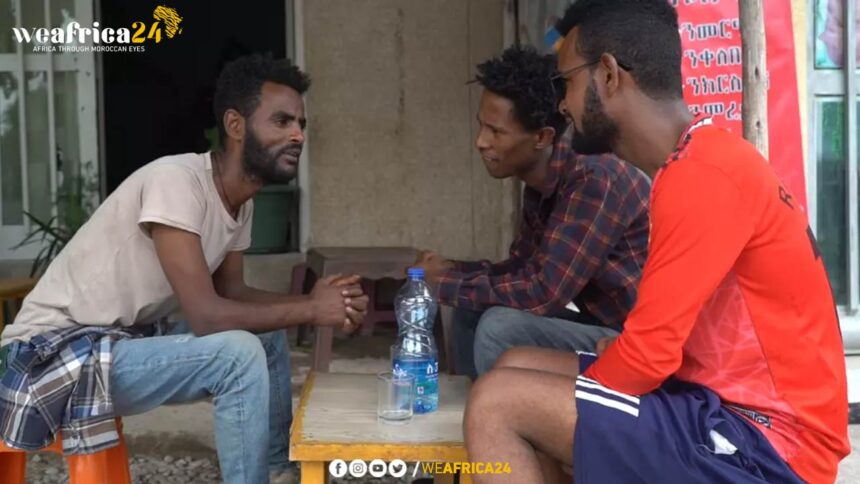The Tigray War, which raged from 2020 to 2022 between federal forces supported by neighboring Eritrea and Tigrayan rebels, resulted in approximately 600,000 deaths in northern Ethiopia. Eighteen months after the signing of a peace treaty, over 100,000 soldiers have been demobilized, according to the interim government of Tigray. Many former soldiers now desperately await financial aid and training to begin new lives, mirroring those wandering in Mekele.
In Ethiopia, the interim Tigray government reports that over 100,000 soldiers have been demobilized out of the 270,000 recorded by the National Rehabilitation Commission in the region.
Reintegrating combatants into society is a critical issue for the country to break the cycle of violence. This process is part of the agreements signed in Pretoria in November 2022 and falls under the DDR program – Disarmament, Demobilization, and Reintegration.
Former soldiers are supposed to receive financial aid and training to start anew. However, the program has faced significant delays and has yet to be launched 18 months after the war’s end. Veterans are still waiting and feeling abandoned, especially in Mekele, in the country’s north.
In the streets of Mekele, former combatants like Samson are ubiquitous. Samson served in the Tigray Defense Forces for a year before being wounded by a bullet. He left the army to care for his children without official authorization, thus being considered a deserter and not counted among the ex-combatants. He knows he will not receive any assistance. “Go to the market in the city center and see the mothers begging to pay for their children’s medication, injured in the war,” he says. “It shows that we have been forgotten. No, I do not expect anything from the government.”
Mizan, 31, spends his time at a café terrace. He has received certification but still awaits the promised financial aid: “We need psychological and financial support to return to our former lives and work. It is important to feel occupied, to do something.”
According to the Tigray Youth Association, over 80% of young Tigrayans are unemployed – 30% more than before the war – like Mahatem, another ex-combatant: “The soldiers who fought on the western Tigray front, the Zalambessa front, fought for their people, but their land is still occupied by other forces, and they cannot return. Those with official certificates showing they left the army are also suffering; they do not have money to pay rent.”
The National Rehabilitation Commission states that the program should begin for 25,000 soldiers in July and then for 75,000 in the following months. Disabled soldiers and women will receive priority.







